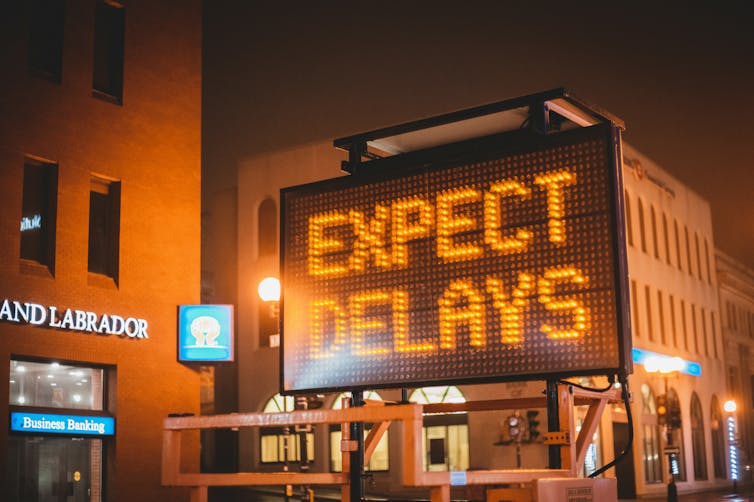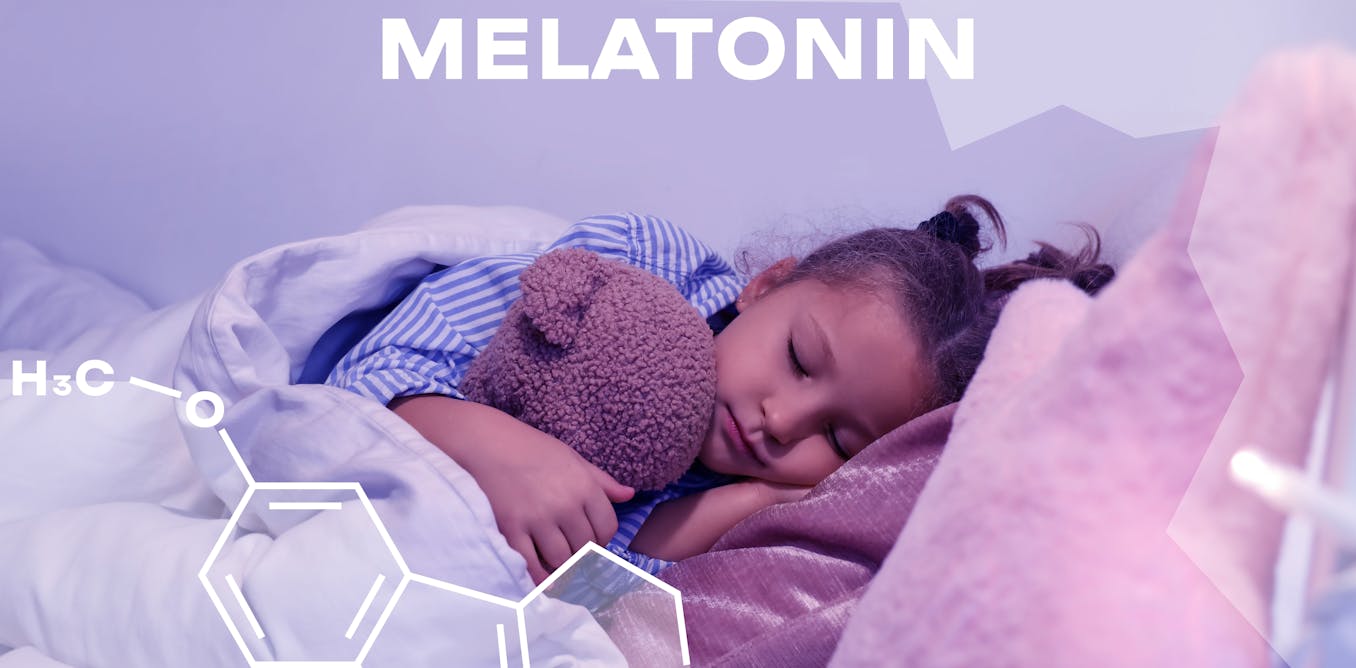Australians are waiting an average of 12 years to seek treatment for mental health and substance use disorders, our new research shows.
While many of us are proactive in looking after our physical health, we appear to be seriously neglecting our mental health, suffering for many years before reaching out for help. Some people never seek help.
In our research, the length of delay in seeking help varied depending on the type of mental health problem and other factors such as sex and age.
But delays in getting help mean mental health problems can become more complex, severe and difficult to treat. So it’s important to understand why these delays occur – and how we can reduce them.
Some key findings
We used national data from the 2020–22 Australian National Study of Mental Health and Wellbeing, a nationally representative survey by the Australian Bureau of Statistics (ABS).
Among the information collected in this survey, respondents were asked about their history of mental health and substance use problems, and when they first sought help from a medical doctor or other professional regarding their symptoms (if at all).
The survey asked about the most common types of mental health and substance use problems in the general population under three broad categories: mood disorders (for example, depression and bipolar disorder), anxiety disorders (such as social anxiety disorder and obsessive compulsive disorder) and substance use disorders.
People with mood disorders waited an average of three years before seeking treatment, those with substance use disorders waited an average of eight, and people with anxiety disorders waited the longest to seek treatment – 11 years on average.
We found people experiencing panic disorder, a type of anxiety disorder, had some of the shortest delays (an average of two years), while those with social anxiety disorder waited the longest (13 years).
The average delay across all mental health and substance use disorders – 12 years – was calculated based on the prevalence of different conditions. Anxiety disorders, particularly social anxiety disorder, are the most common, which brought up this average.
Perfect Wave/Shutterstock
We also looked at how many people would eventually seek help across their lifetime. Nearly everyone with depression (94%) eventually sought help, but only 25% of people with an alcohol use disorder ever did.
Women were less likely than men to seek help for alcohol or other drug-related problems but were more likely to reach out for help with anxiety or mood-related concerns.
Gen Z and millennials were much more likely to seek help than older generations. Compared to people born before 1972, those born between 1992 and 2005 were more than four times as likely to seek treatment for a drug or alcohol problem, more than twice as likely to seek help for a mood disorder, and nearly four times as likely to seek help for an anxiety problem.
Some limitations
While the ABS survey is one of the largest and most comprehensive in Australia, it relies on people remembering and accurately reporting when they first experienced symptoms of a mental health or substance use problem, and when they first sought support.
It was also conducted during the COVID pandemic, a time of heightened stress and increased mental health challenges. However, the impact of this is probably small, given people were asked about their experiences across their entire lifetime.
The survey also didn’t measure less common (but very impactful) mental health problems such as psychosis or eating disorders.
How do delays compare to other countries?
While this data is not perfect, the delays we observed are mostly in line with those seen in other countries. In some ways we are actually doing better.
The relatively short delays for seeking help for a mood disorder (for example, depression, for which the average delay was three years) are largely consistent with similar studies in the United States, New Zealand, Europe and Asia.

Erik Mclean/Unsplash
While still lengthy, the average delay of 11 years to seek treatment for an anxiety disorder in Australia appears similar if not shorter than in many other countries (ranging between 10–30 years).
What’s more, when it comes to seeking help for problems with alcohol, things seem to be improving. While overall delays remain long, and most people still don’t seek help for alcohol problems, the delay in getting help appears to have shortened over time in Australia.
The average time to seek treatment for alcohol use disorder is now eight years shorter than the 18-year delay reported in 2007. This may be due to increased awareness and education around the impact of alcohol use.
Why do people delay reaching out for help?
There are a range of reasons someone may delay seeking help. Services are not always available and many carry high out-of-pocket costs. Fear and stigma play a significant role, while many people simply may not know where to seek support or what might help.
Finding the right treatment can be hard and while some people recover without help, for many these delays come at a huge cost. Delays mean problems can become more complex, severe and difficult to treat.
We need to actively encourage early help-seeking, as well as continue efforts to reduce the stigma associated with poor mental health. Expanding anti-stigma campaigns and education to encourage people to seek help early could assist with this.
Alongside these efforts it’s essential that effective treatment services are accessible when people do reach out for help. There has been chronic underinvestment in the mental health treatment system over many decades, while prevalence rates have increased. We need continued and increased investment in mental health treatment, prevention and early intervention.
Ultimately, by empowering future generations to be proactive about their mental health, we hope we can make going to the doctor for anxiety as normal as doing so for the flu.
Services available across Australia include the National Alcohol and Other Drug hotline (1800 250 015), Lifeline (13 11 14), Kids Helpline (1800 55 1800) and Head to Health. Each state and territory also has specialised mental health services.

The post “Australians are waiting 12 years on average before seeking help for a mental health problem – new research” by Louise Birrell, Researcher, Matilda Centre for Research in Mental Health and Substance Use, University of Sydney was published on 02/17/2025 by theconversation.com



































Leave a Reply